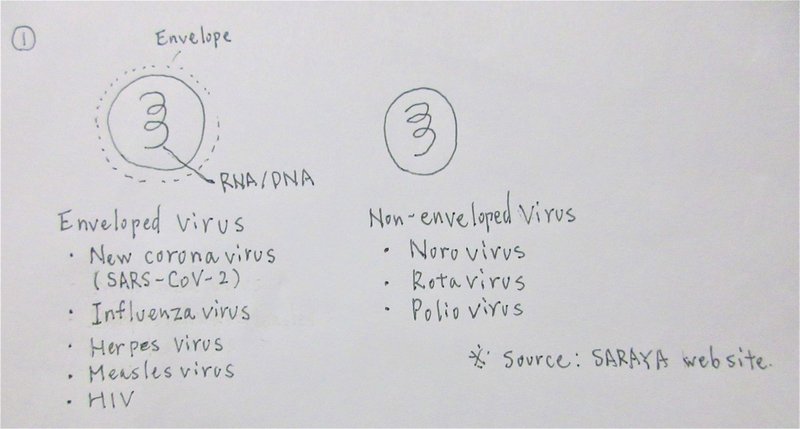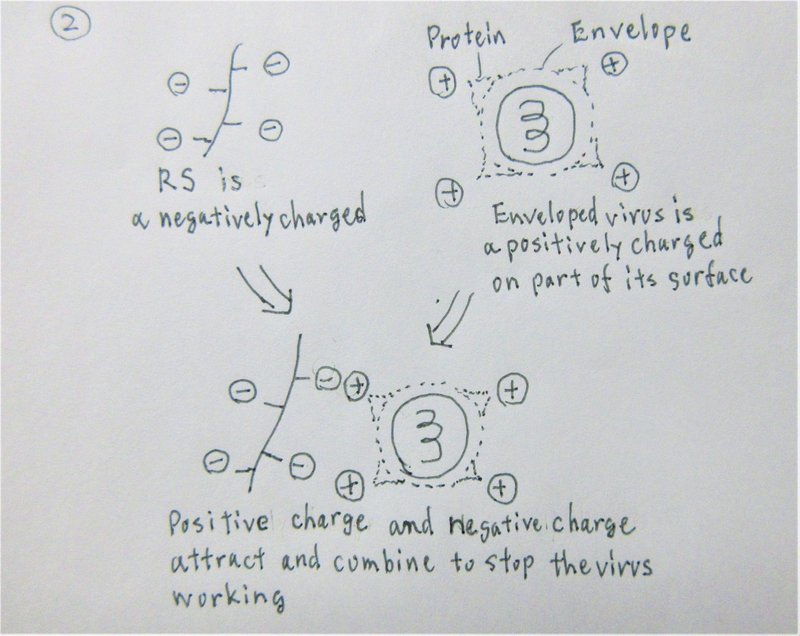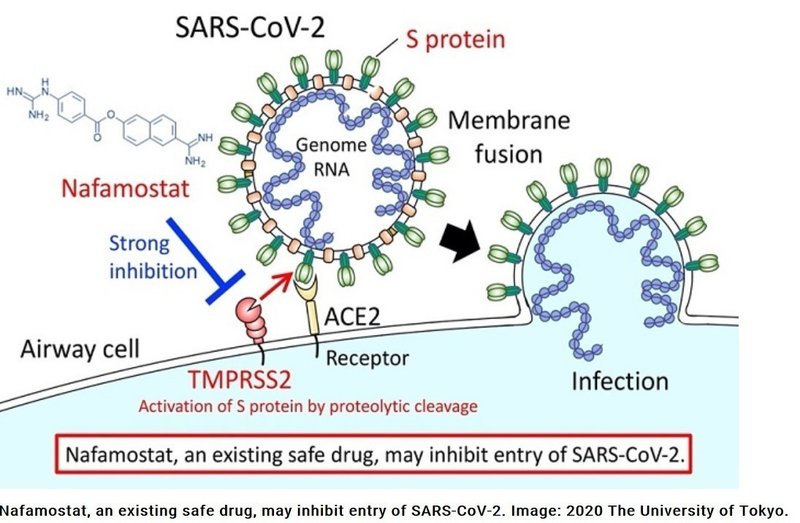Antiviral activity of seaweed(Aosa) extract, Rhamnan sulfate has been studied?!
I would like to introduce the research on Rhamnan sulfate contained in seaweed (Aosa) that has been reported to have antiviral effects in Japan.
What is Rhamnan sulfate?
Rhamnan sulfate (RS) is a water-soluble dietary fiber extracted from seaweed like Monostroma nitidum (Aosa). Aosa is a very popular food stuff taken with miso soup etc. for a long time in Japan. The manufacturing procedure for the extraction and purification of RS from Aosa has been established in Japan.
Health benefit of RS
Rhamnan laboratory exhibited various experiments on the biological function of RS. They found RS has a several of functions such as antithrombotic effect, cholesterol lowering effect and anti-obesity effect.
In addition, they showed antiviral effect of RS by both in vitro and in vivo experiments.
https://rhamnan-lab.org/research_experiment/antiviral-effects-of-rhamnan-sulfate?lang=en
In vitro: Suppression of viral proliferation in cultured cells
In Vivo: Prevention of Influenza virus proliferation and immunostimulation in mice model
Enveloped virus is inhibited by RS
It is known that there are two types of virus as below. One type is covered with a membrane named envelop, and the other type is not covered with envelop. New corona virus (SARS-CoV-2) belongs to enveloped virus group.

The current research results showed that RS is effective to virus with envelop.
The speculated mode of action on the inhibitory function of viral infection by RS.
I further investigated why seaweed extract has antiviral effect. From various literatures and knowledge, it might be speculated that the following effects are related to responsible for its antiviral effect. Antiviral effect can be expected by two reasons.
Charge neutralization
Research on antiviral activity against enveloped viruses suggests that substances with properties similar to RS (eg. Fucoidan) are exhibiting the effects shown in the following images.
According to research, there is a positively charged part on the surface of the enveloped virus. On the other hand, RS is partially negatively charged.
It is thought that the "positive charge" of the enveloped virus and the "negative charge" of RS could attract and combine. That could inhibit the work of the virus.
Image 
Inhibition of enzyme activity essential for the entry of virus into the host cells
The University of Tokyo announced “Identification of an existing Japanese pancreatitis drug, Nafamostat, which is expected to prevent the transmission of new coronavirus infection.”
According to the recent release, Nafamostat inhibits transmembrane protease “TMPRSS2”, a serine protease (proteolytic enzyme), which is known to be important for the fusion of the protein with the cell membrane when virus enter into cells.
Release of The University of Tokyo
https://www.ims.u-tokyo.ac.jp/imsut/en/about/press/page_00002.html

Source: The University of Tokyo
As RS is also known to inhibit thrombin, a serine protease (antithrombotic effect), RS could also inhibit serine protease to prevent virus invasion in the same way.
Antithrombotic effects of RS
http://rhamnan-lab.org/research_experiment/antithrombotic-effects-of-rhamnan-sulfate?lang=en
この記事が気に入ったらサポートをしてみませんか?
